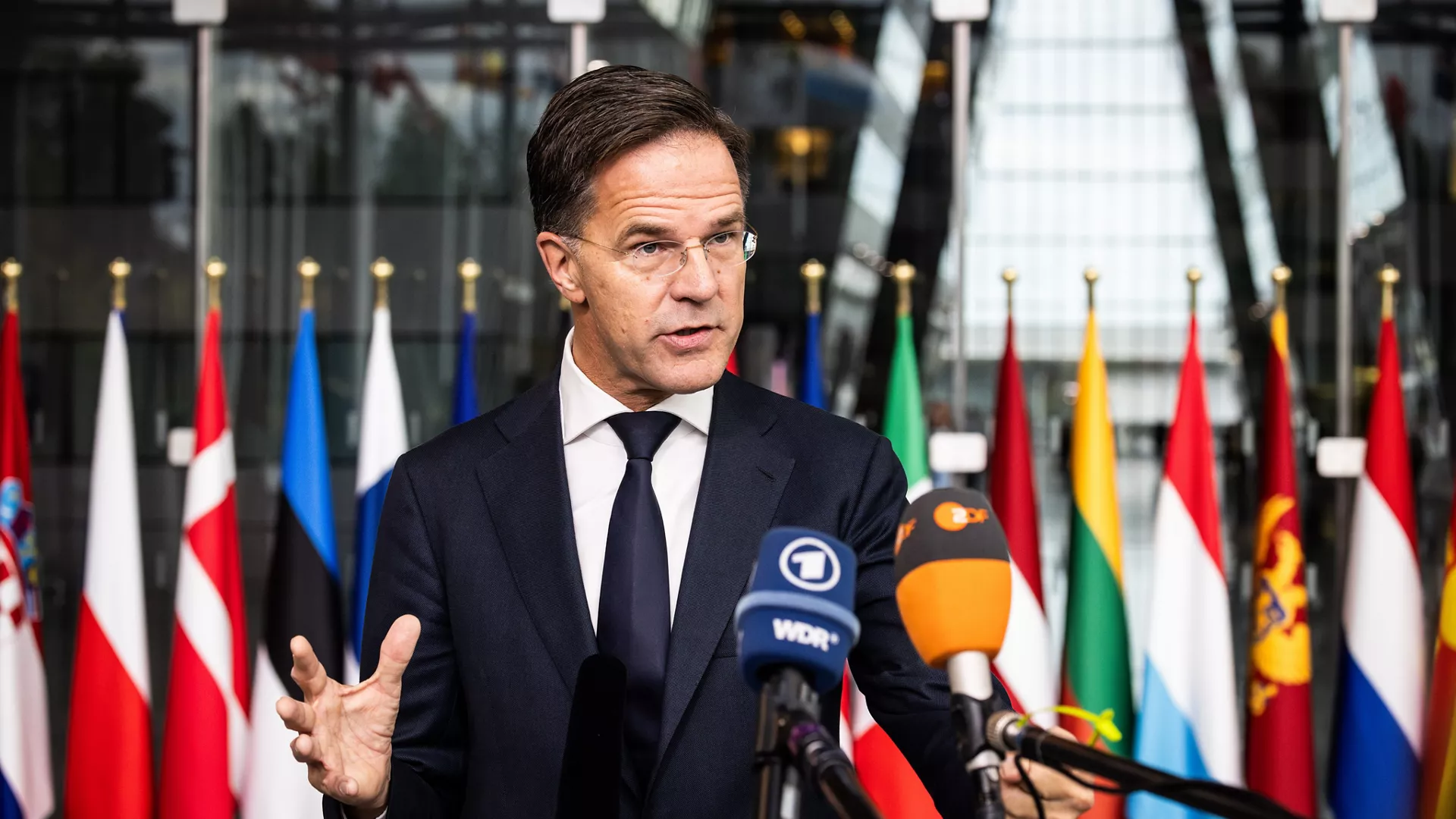
In the maelstrom of civil wars, particularly those like the ongoing humanitarian nightmare in Sudan, the imposition of sanctions by the United States often rings hollow. It’s not that sanctions are without consequence, they’re intended to pressure governments and entities into compliance with international norms. But in conflicts like these, where the violence is ferocious, multi-factional, and deeply rooted in tribal, ethnic, and political divides, sanctions often become little more than a distant hum against the cacophony of war.
Sudan’s civil war is not a conflict where defined battle lines and clear leadership prevail. The current war between the Sudanese Armed Forces (SAF) and the Rapid Support Forces (RSF) is a brutal contest for power, played out in streets, homes, and humanitarian corridors. For ordinary Sudanese people, survival is the immediate priority, not the geopolitical posturing of Western powers.
The United States, long wielding sanctions as a tool of foreign policy, announced yet another round targeting individuals and entities linked to the conflict. The reasoning is sound on paper: cut off financial lifelines, restrict the flow of weapons, and hold perpetrators accountable. Yet, such actions often fail to impact the warlords and power brokers who thrive in the shadows, exploiting local and regional networks impervious to international scrutiny.
The track record of sanctions in war-torn regions is bleak. In Sudan, the U.S. imposed sanctions during the Darfur crisis, aimed at pressuring then-President Omar al-Bashir. What followed was not compliance but defiance; al-Bashir’s regime continued its campaign of terror, supported by alternative alliances and revenue streams outside of U.S. control. When the sanctions were finally lifted in 2017, it was not because they had succeeded, but because they had become irrelevant.
Sanctions rarely account for the decentralized nature of modern conflicts. In Sudan, where militias operate independently and regional power players like Egypt, Saudi Arabia, and the UAE have vested interests, the idea that U.S. economic pressure can curb violence is naïve. The reality is that these militias, warlords, and their enablers have no reliance on the West for their survival. The arms fueling Sudan’s devastation are more likely to come from Russia, China, or clandestine Middle Eastern arms dealers than from any pipeline the U.S. can influence.
Sanctions often exacerbate civilian suffering, cutting off humanitarian aid and choking already fragile economies. In a country like Sudan, where inflation is rampant and basic services have collapsed, additional economic strain compounds the misery of those caught in the crossfire. Food prices soar, medical supplies become scarcer, and the very civilians the sanctions aim to protect end up bearing the brunt of their unintended consequences.
Consider the plight of a mother in Khartoum, desperately seeking medicine for her child amid artillery fire. To her, whether the U.S. Treasury has blacklisted a general’s bank account in Dubai is utterly irrelevant. The priorities of daily survival, clean water, food, safety, overshadow any faint glimmer of hope that sanctions might one day bring justice or peace.
There’s also an uncomfortable hypocrisy in how the West approaches conflicts like Sudan’s. The U.S. and its allies are quick to issue sanctions and declarations, but their selective application of moral outrage undermines their credibility. Why is Sudan subjected to sanctions while atrocities in other regions, committed by allies or countries with strategic importance, are met with silence or diplomatic appeasement? The inconsistency erodes the legitimacy of these measures and fosters resentment among nations that feel targeted by Western double standards.
Moreover, the West’s appetite for real intervention has waned. The days of boots-on-the-ground peacekeeping missions are largely over, replaced by a reliance on sanctions, condemnations, and occasional drone strikes. In Sudan’s case, this means that while the U.S. may wag its finger from afar, it’s unwilling to engage in the messy, resource-intensive work of conflict resolution.
To make any meaningful impact, the international community must rethink its approach to conflicts like Sudan’s. Instead of relying on sanctions as a blunt instrument, diplomatic engagement must take precedence. Regional powers with influence over Sudan’s warring factions must be brought to the table, not through coercion but through incentives that align with their interests. Humanitarian corridors must be prioritized and protected, with direct international oversight to ensure aid reaches those who need it most.
Additionally, the world must acknowledge and address the economic engines of war. From gold smuggling to illicit arms trading, these networks are the lifeblood of conflicts like Sudan’s. Cutting them off requires global cooperation and enforcement not just unilateral sanctions from Washington.
Ultimately, sanctions are a tool, not a solution. In Sudan, where the stakes are life and death for millions, they are a faint echo in the vast desert of human suffering. What the people of Sudan need is not another press release from the U.S. State Department but tangible actions that address the root causes of the war, alleviate their immediate suffering, and pave the way for a sustainable peace. Until then, sanctions will remain what they so often are: symbolic gestures that fail to move the needle in conflicts far removed from the halls of power in Washington, D.C.

No comments:
Post a Comment